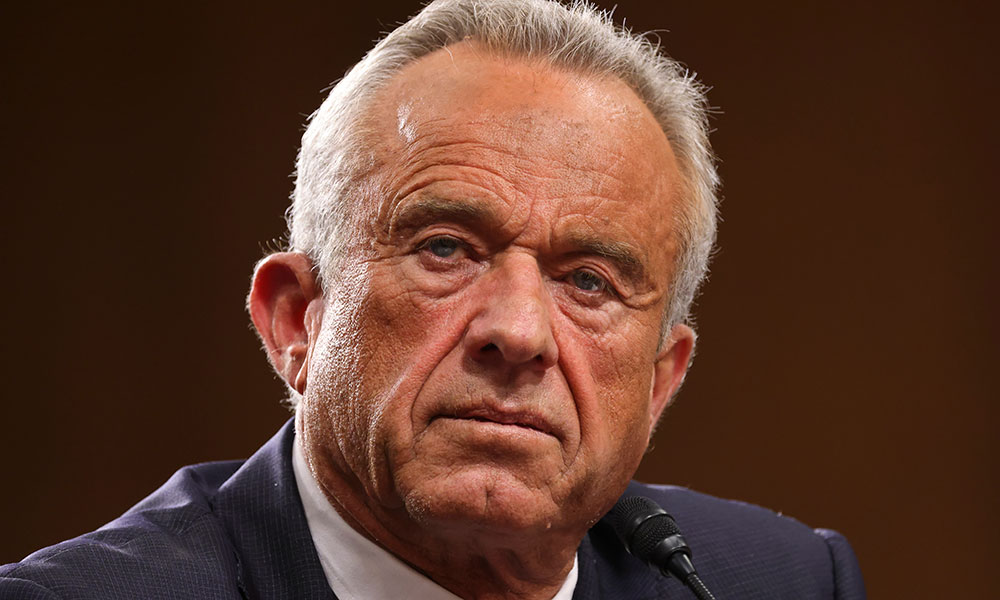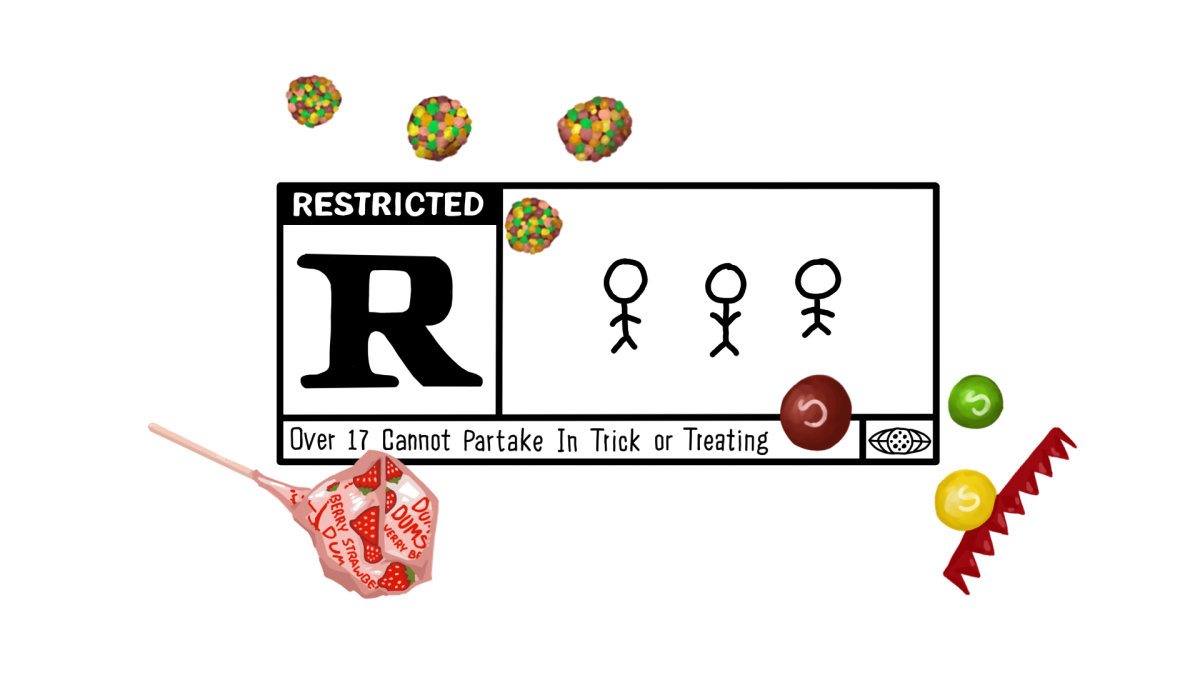Growing up, many have been taught that talking about their political opinions at the dinner table can be viewed as rude and impolite. This perceived rule extends to most aspects of life, especially with friendships. Some people do not want to talk about their beliefs because it is controversial but oftentimes, controversial topics end up being the most important and are vital to have.
So why is there so much stigma around talking about whether you are pro-choice, or if you support a certain politician? We live in a time where we can talk to anyone we want at any moment, so why not talk about the important things? The laws and social justice issues that affect one person will most likely affect others. For instance, you may not know that the addition of a law about immigration to the United States will affect your loved one until talked about. When people talk about their core beliefs, they can understand their family and friends better.
What about when friends’ opinions vary so drastically about an important topic that affects millions of lives? For example, if someone supports the removal of DEI initiatives, while knowing it can affect their friends, it can seem like two people probably shouldn’t be friends. But it all comes down to how different people’s beliefs and morals are, as well as how willing they are to look past others’ views. Some friendships might be able to move past it, but for others, it puts an end to the friendship. Smaller issues like only shopping local and avoiding overconsumption can be brushed aside, but when people are being ripped from their homes by ICE, that is not ignoreable. When it comes to more mainstream politics, such as the presidential election, it might seem easier — or more important to talk about. But every issue is important in its own right. People tend to speak out more when it affects them and the people that they love, but that should not be the only reason they speak out. Just because one topic affects you does not mean it takes precedence over another. This is why it is so vital to talk about your beliefs with your friends. Knowing what matters to them allows for more consideration for what is affecting those you care for.
However, what if someone’s opinion is not entirely their own? Teenagers often unintentionally mimic the beliefs of their parents, and it is also habitual for teens to believe what they see on social media. Yet, believing what someone tells you without doing further research and even using this unverified information to debate those who might have different opinions can be harmful. Only listening or getting facts from one side or source often leads to the spread of misinformation and the silencing of others’ stories. Educating yourself on others’ perspectives can force you to view things in a different light.
Controversial conversations can even help you understand your own opinions more. Who knows, a friend may bring attention to current events that you were unaware of. So why is it such a taboo to have these conversations with the people they are most comfortable talking to? Friends are some of the most important people in one’s life. The more we understand our friends, the closer we are to them, and by not talking about current events, we are neglecting them and neglecting opportunities to understand those we care about. No matter how controversial the topic, people should always talk about what they believe in, because the only way anything will ever change is by talking about it.















